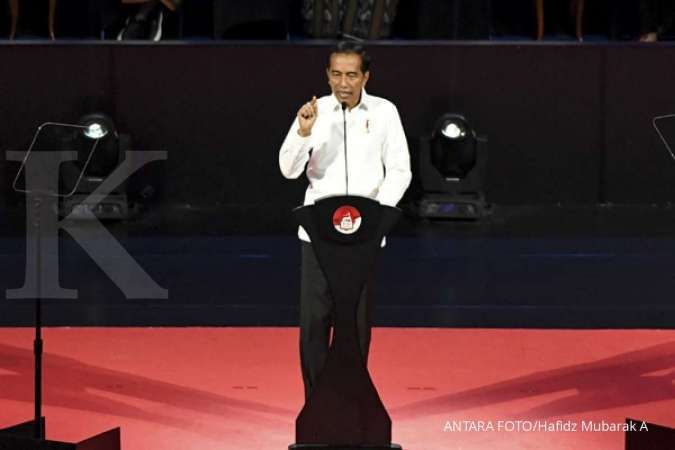BANK INDONESIA / BI - JAKARTA. Indonesia's central bank cut its benchmark interest rate for the first time in nearly two years on Thursday in a bid to lift sluggish economic growth, moving as expected ahead of the U.S. Federal Reserve.
Bank Indonesia (BI) trimmed the 7-day reverse repo rate by 25 basis points (bps) to 5.75%, as predicted by 23 of 33 economists in a Reuters poll.
"BI sees, in the future, there is room for accommodative monetary policy, in line with expectations of low inflation to further support economic growth," Governor Perry Warjiyo told reporters after the central bank's two-day policy meeting.
Earlier on Thursday, South Korea's central bank unexpectedly trimmed its rates for the first time in three years to combat growing risks and an economic slowdown.
Governor Warjiyo said he hoped the rate cut could help mitigate the impact of U.S.-China trade tensions. Growth in Southeast Asia's biggest economy has stubbornly held at around 5% in recent years and BI still sees 2019 growth below the midpoint of its 5.0%-5.4% outlook.
Warjiyo also pledged to work with other authorities to lift growth. President Joko Widodo, who has been recently re-elected, promised in a speech on Sunday outlining his vision for a second term faster infrastructure development and more investment opportunities to create jobs and growth.
After Indonesia's cut, the question becomes how much of an easing cycle there might be to unwind some of 2018's six rate hikes, which totalled 175 bps.
Warjiyo said accommodative policy might mean more liquidity injection or further rate cuts.
NOT A 'CAUTIOUS' CUT
"This is not a 'cautious cut' and there could be more monetary easing down the road in 2019," Bahana Sekuritas economists Satria Sambijantoro and Dwiwulan said in a note.
In contrast, Capital Economics said in a note "the uncertain outlook for the currency means that this is unlikely to be the beginning of a prolonged easing cycle".
In the wake of Thursday's cut, the rupiah , the second-best performer in Asia this year after a recent rebound, strengthened a touch while the stock market and bond prices held broadly steady.
Last year's rate increases were intended to defend the rupiah amid capital outflows related to the Fed's tightening cycle and the U.S.-China trade war.
The Fed is expected to cut U.S. rates at the end of July. Since the Fed this year turned more dovish, amid slowing global growth, some Asian central banks including Malaysia and the Philippines have cut rates.
Effective July 1, Indonesia cut the reserve requirement ratio for banks to free up liquidity and promote loan expansion.
/2019/06/20/1950200280.jpg)













